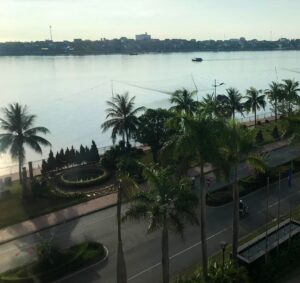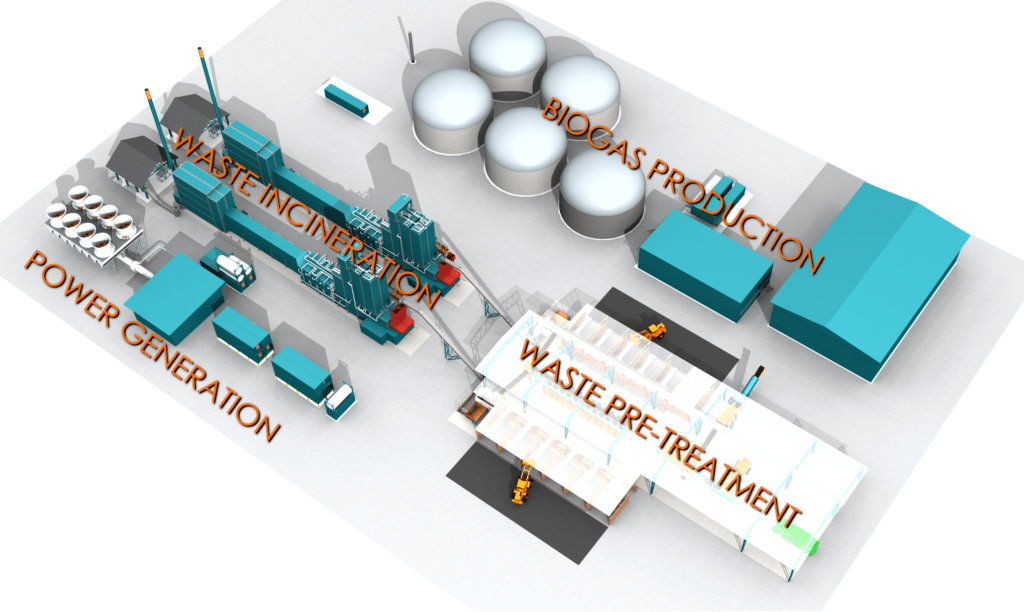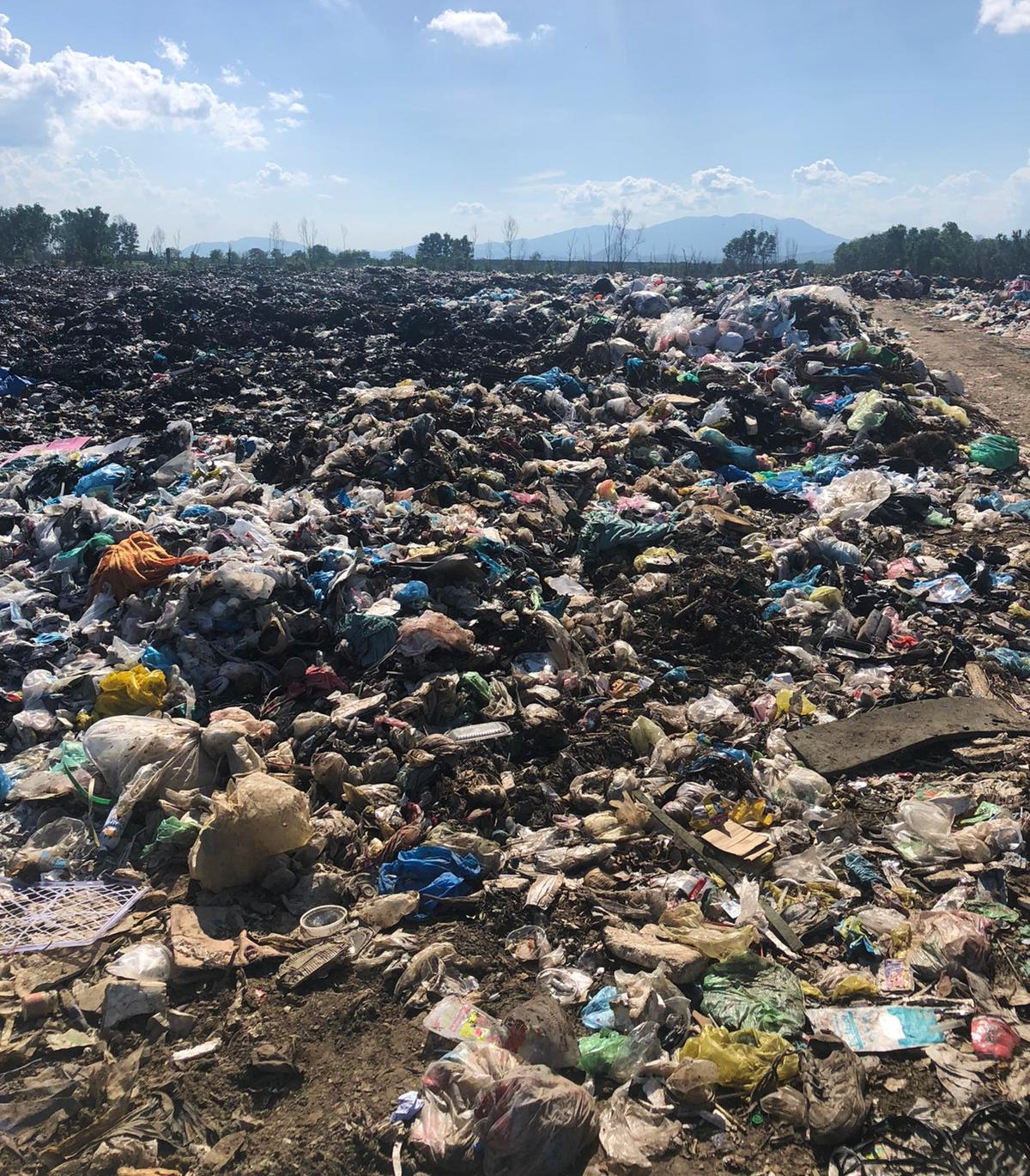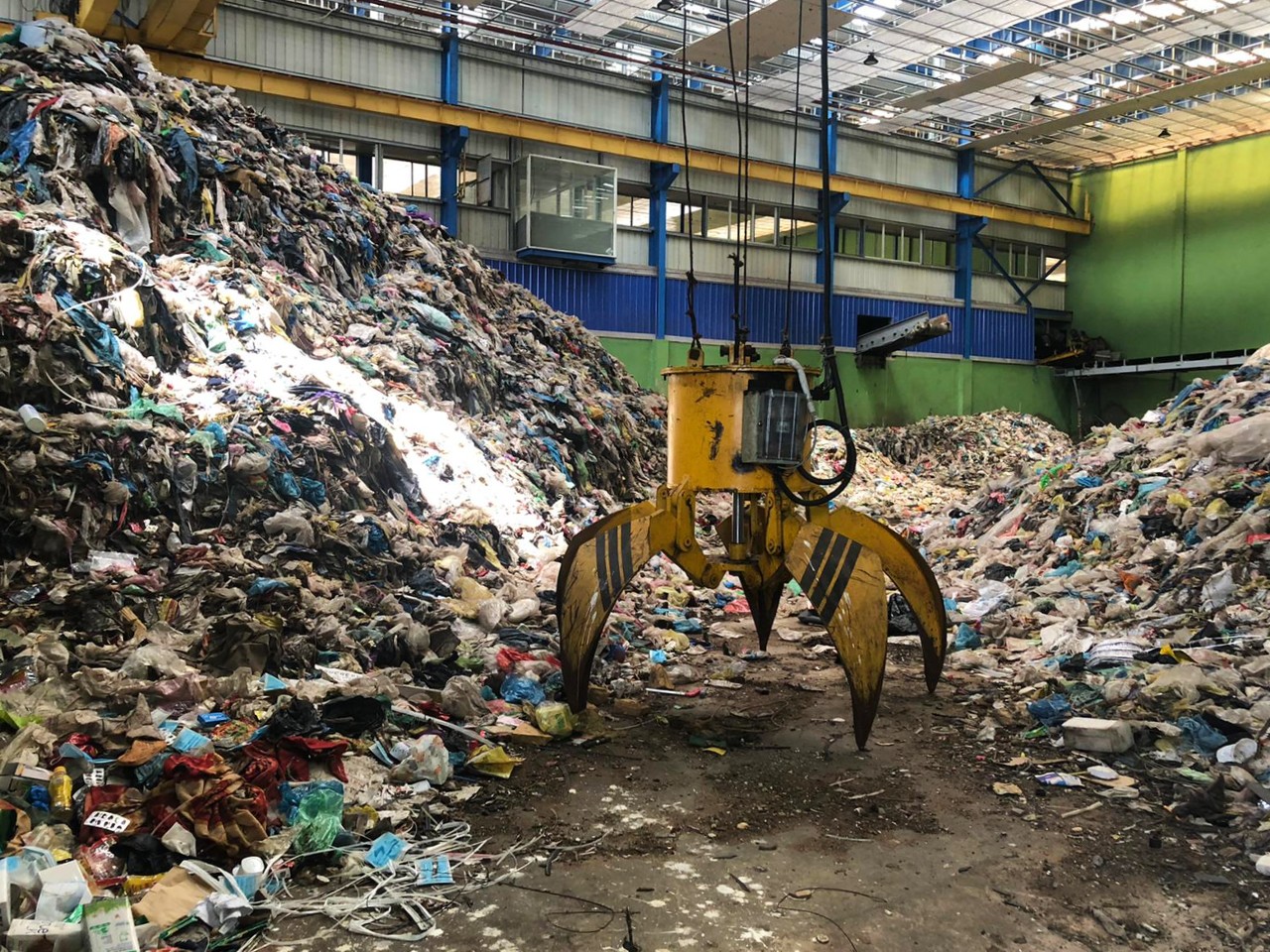Vietnam, officially the Socialist Republic of Vietnam, is the easternmost country on the Indochina Peninsula. With an estimated 95 million inhabitants in a land area of 330,000 km2, it is the world’s 15th-most-populous country, and the ninth-most-populous Asian country. Its capital city has been Hanoi with 8 million people since the reunification of North and South Vietnam in 1976, with Ho Chi Minh City, also known as Saigon prior to the country’s reunification, as the most populous city with 15 million inhabitants.
 An independent Vietnamese state was formed in 939. Successive Vietnamese imperial dynasties flourished as the nation expanded geographically and politically into Southeast Asia, until the Indochina Peninsula was colonized by the French in the mid-19th century. In 1954, the Vietnamese declared victory in the battle of Điện Biên Phủ which took place between March and May 1954 and culminated in a major French defeat. Thereafter, Vietnam was divided politically into two rival states, North Vietnam (officially the Democratic Republic of Vietnam) and South Vietnam (officially the Republic of Vietnam). In 1975, Vietnam was unified under a communist government.
An independent Vietnamese state was formed in 939. Successive Vietnamese imperial dynasties flourished as the nation expanded geographically and politically into Southeast Asia, until the Indochina Peninsula was colonized by the French in the mid-19th century. In 1954, the Vietnamese declared victory in the battle of Điện Biên Phủ which took place between March and May 1954 and culminated in a major French defeat. Thereafter, Vietnam was divided politically into two rival states, North Vietnam (officially the Democratic Republic of Vietnam) and South Vietnam (officially the Republic of Vietnam). In 1975, Vietnam was unified under a communist government.
Currently, Vietnam generates over 28 million tons of waste annually, or 0.3kg per capita per day, with 76 percent of it being disposed in landfills. Lack of source sorting , high organic matter and moisture content make it difficult to recycle the collected mixed waste into raw materials or energy, which partly explains the high landfilling rate. It has been estimated that the municipal solid waste quantity per capita will quadruple in the next 15 years, a rate which will put Vietnam on par with other large Asian cities. This calls for immediate Integrated Solid Waste Management action now, when the waste challenge is still manageable.
In 2015, Vietnam was named fourth out of five countries that dump more plastic into the oceans than the rest of the world combined. Over 60 percent of the plastic waste flowing into the oceans comes from China, Vietnam, the Philippines, Indonesia, and Thailand. And Vietnam alone generates nearly 18,000 metric tons of plastic waste every day. All five countries have rapidly growing economies with high consumer demand for products, but no infrastructure to handle the waste that comes along with it. The large Vietnamese cities all have waste collection systems in place, but in rural areas, less than half of the waste ends up in landfills. The rest gets dumped into rivers and streams that carry it out to the sea where the trash chokes marine life and strangles oxygen out of the water. At this rate, the surrounding ocean is predicted to be empty of fish by 2050.
Vietnam has developed a recycling-focused plan to deal with waste by 2025, hoping to collect and treat up to 90 percent of solid waste in cities, recycling or reusing 85 percent of it to produce energy or organic fertilizer. As with many countries around the world, Vietnam requires a large investment into technologies to help keep its pristine countryside safe from mountains of trash. As for the beaches, tourists and locals regularly team up for clean-up efforts; but until consumers change the way they use and discard plastics, more and more trash will continue to spoil Vietnam’s picture-perfect coastline.
WOIMA has the perfect solution to support Vietnam’s “Zero Waste Movement”. We have developed a decentralized waste management and power generation solution named “WOIMA Ecosystem” that helps emerging countries cope with the increasing waste challenges that they are facing. WOIMA Ecosystem recycles the waste into raw materials and energy in the most efficient manner reducing the waste quantity by over 95% and thus effectively ending waste landfilling.

The small-to-medium size WOIMA Ecosystems are distributed close to where the waste is generated, thus offering significant waste logistics and power distribution savings in addition to solving the waste problem.
Read WOIMA brochures in Vietnamese
Read more: Woima decentralized W2E power generation – case study Nairobi Kenya
Contact WOIMA, if you see yourself as collaboration partner in saving the planet. Ask more about turning waste into wellbeing with WOIMA Circular Economy Solutions.
WOIMA Social Media accounts







